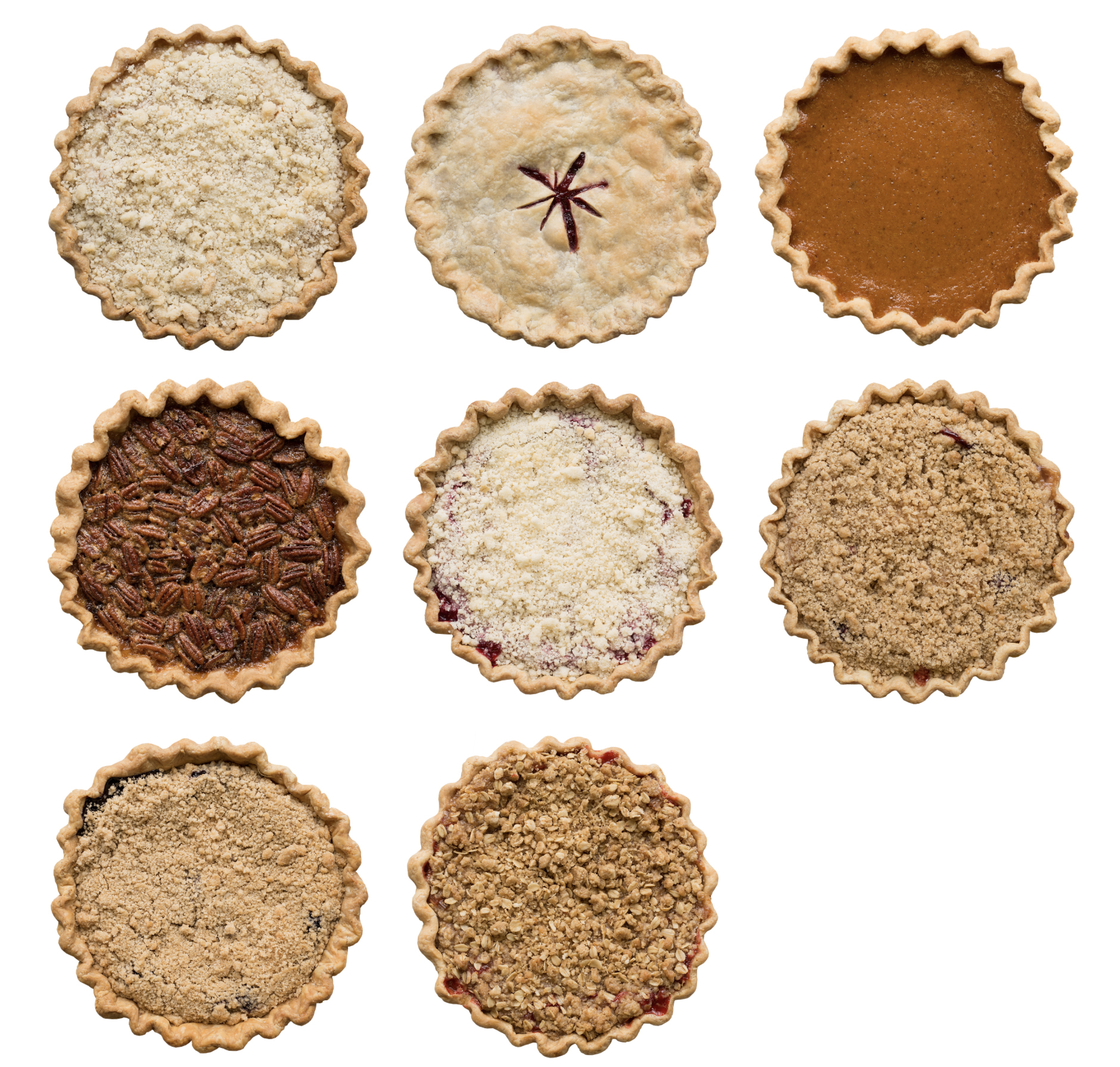This article was published in the fall 2017 issue of RCA Today, the Reformed Church in America’s denominational magazine.
T he kitchen at Orchard Hill Reformed Church in Cedar Falls, Iowa, is bustling, filled with teen girls and flour and music and butter and laughter. The heady fragrance of hot peaches fills the room and mingles with the sharp scent of a soup on the stove. In the church storage area, rows upon rows of freezers hum, waiting to store the treats being created inside.
The young women are often joined by adult volunteers—some of them members of Orchard Hill, some of them local business owners, and some from a church in the neighboring city of Waterloo. They bake together and share a meal together, but most importantly, they talk: about résumés, about culture, about money, about God, even about driving tips for those new to the road.
At the end of the day, the girls head out into the night, back to houses and families and neighborhoods that look very different from one another—but not without first speaking these words of affirmation, face to face:
“You are a child of God, deeply loved and made for a great purpose in the kingdom of God.”
They may come from different cities. They may have different gifts or different goals. But with these words—and a hearty dose of fruit and sugar—young women are learning to break down social barriers in their corner of northeast Iowa and beyond.
How it started
It was an offhand comment by a local entrepreneur, but to Laura Hoy, it was the spark of something new.
“You know what the Cedar Valley needs? Pie. Homemade pie. There is no one making and selling a good homemade pie.”
Hoy, the director of Christian community development at Orchard Hill Church, had been to several community meetings where residents expressed the need for productive youth activities and employment. So she and some friends gathered a small group of teen girls and began to ask them questions. What were their dream jobs? What job options did they have? What businesses would they like to see in the Cedar Valley?
As the group learned and dreamed and prayed together, they sensed God leading them to some kind of social enterprise ministry for teen girls. Then, the conversation Hoy had with the local businesswoman brought the vision into focus. God had something specific for them to try: pie.
Having opened in 2013, Try Pie is a ministry run by Link Christian Community Development, a nonprofit formed by Orchard Hill in Cedar Falls and its community-partner church in nearby Waterloo, Harvest Vineyard Church. Try Pie offers employment, personal and faith development, financial stewardship education, and job-skill training to teen girls from both cities. It brings together young women from different backgrounds, living in very different communities. And it’s all done through making and selling pies.
“[Try Pie] is about practicing our faith and our work together, very intentionally,” says Hoy. “It helps the young women see how they can live together more holistically. It’s not our natural bent to hang out with people not like us. We need to slow down, take the time to enter each other’s lives, and get to know each other.”
Hoy’s perspective comes from a decade of work in Christian community development with Orchard Hill and Harvest Vineyard. While Cedar Falls and Waterloo are together called the Cedar Valley, the cities have a long history of separation and prejudice. Waterloo was labeled Iowa’s most segregated city in a 2009 analysis of fair housing by Mullin and Lonergan Associates.
“Though we don’t choose to dwell on this statistic … we also do not ignore the discrepancies and segregation that exist in our community,” says Hoy. “Try Pie strategically works to build bridges and to create a new story that Jesus wants to write.”
What it teaches
Try Pie operates on a semester basis and intentionally hires teenage girls from across the socioeconomic spectrum. Their goal is to ensure that young women in the Cedar Valley have access to employment and personal development opportunities. Some come from Orchard Hill, some from Harvest Vineyard, and some are hired through community connections made by Link.
The teen employees of Try Pie and their directors, Megan Tensen and Sarah Turner, gather together at Orchard Hill on Mondays and Tuesdays after school. On Mondays, they open with devotions and then spend three hours making pie filling and assembling pies to be frozen and sold. Once the kitchen is cleaned, the group enjoys a meal together before heading home.
On Tuesdays, the teens first prepare dough to freeze for the following week. Later, they’re joined by members of the community, who talk to the girls about life skills, faith, and setting goals for themselves. Business owners hold workshops on résumé writing and offer mock interviews to prepare the teens for future employment. Community leaders talk about integrity in the workplace, preparing for college or a career, and the value of diversity. Since the girls earn a paycheck from Try Pie, financial advisors talk to them about saving and spending wisely and thinking about stewardship from God’s perspective.
“It’s important for high school girls to be empowered with skills for their future employment and know how to manage finances,” says Aquayla Lumpkin, a high school graduate and one of Try Pie’s first employees. “I’ve realized if you don’t save money … it’s difficult to improve the way you live. Now, at my current job, I realize how important the lessons taught at Try Pie are. There was something different about the environment there when I went to work.”
That difference is intentional, says Hoy: “What I love about Try Pie is that as a team, they see one another, and they care about one another. Teens that might not otherwise meet are becoming friends—growing to care for, encourage, and challenge each other. There’s a lot of laughter, and a lot of trust, too. A beautiful community is being built here.”
The community’s involved too
The community surrounding Try Pie has encouraged the girls and shaped their experience as well. Besides selling pies at church, the teens regularly set up shop at places like an area dairy, a gift shop, and the local Habitat for Humanity ReStore, giving them a chance to learn real-world customer service skills. A high school art teacher ran a logo contest for graphic design students to give Try Pie its first visual identity. And several people have hired Try Pie to provide pies for catered events and weddings.
When Jayda Hampton first started working at Try Pie, she was 14 and “had no idea of what jobs are or what you do at them,” she says. But now, after two years of experience with running a business, interacting with the community, and opening up to her peers, she speaks with confidence.
“Being one of the oldest, I love that I can be a leader to the younger students of my team,” says Hampton. “In a way I appreciate that responsibility to be a good leader, example, and influence. Our conversations—I cherish [them] the absolute most.”
Hoy says the support from Orchard Hill—which provides the funds to pay Try Pie’s co-directors—and its model of partnership with other churches and neighborhoods has been invaluable to Try Pie’s success.
“We’ve been grateful to have Orchard Hill give us the blessing to innovate,” says Hoy. “The whole idea of partnership is so central to what we do. Not only church and community, but also Jesus and justice. If you listen and learn within the community, you realize how much we need other people. That’s been really important to us and how we’ve seen God move.”
Of course, there’s one other partnership at work at Try Pie. Says two-year employee Allison Stuenkel, “I love Try Pie, and I believe every girl should experience the beautiful combination of pie and Jesus!”



